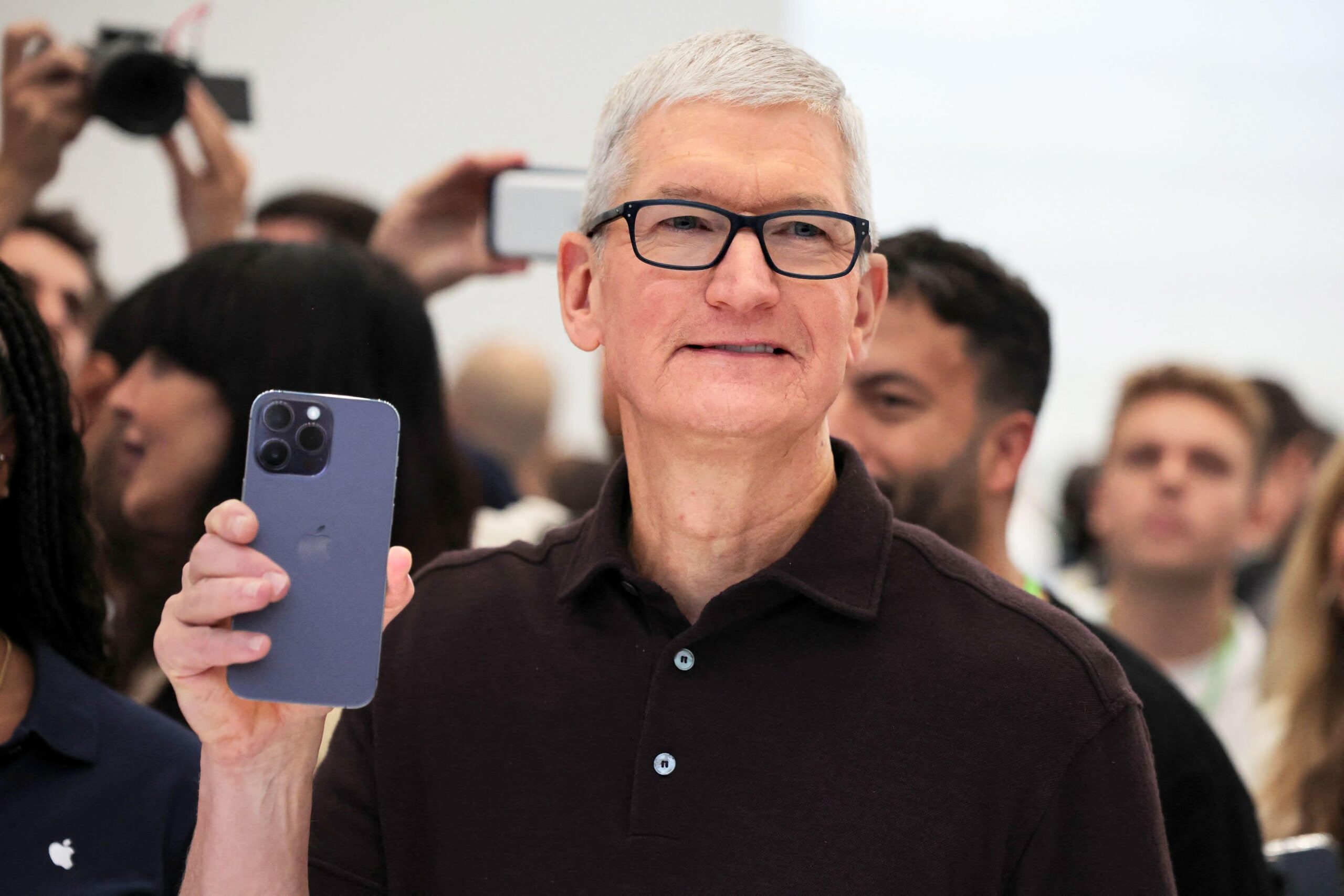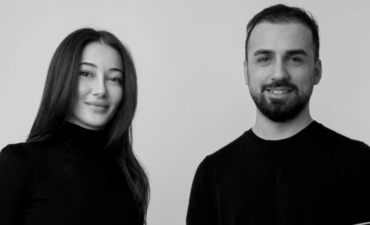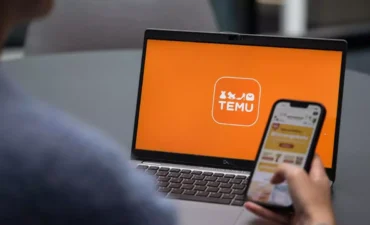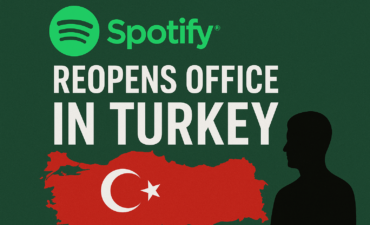This week’s stories are about tech, startup and sustainability, coming from Europe and USA
1-Cook: iPhone price hikes not tied to tariffs
Apple CEO Tim Cook said recent price increases on some iPhone models are unrelated to U.S. tariffs, as the company’s newest devices went on sale worldwide.
“There’s no increase for tariffs in the prices, to be totally clear,” Cook told CNBC from Apple’s Fifth Avenue store in New York, addressing the issue as the iPhone 17 line launched.
I saw this story at Cnbc and Apple raised the price of its iPhone 17 Pro by $100 earlier this month while keeping entry-level models steady. It also rolled out a new Air model at a higher price point. Analysts had largely expected the hikes despite Cook’s assurances that tariffs weren’t a factor, according to the story. (By the way, I have a news story here about Apple Turkey)
The company has shifted parts of its supply chain to India and Vietnam to avoid the brunt of tariffs on Chinese imports. Cook said Apple still took an $800 million hit from tariff-related costs in the June quarter, noted the story.
Apple has pledged $600 billion to U.S. manufacturing and supplier investments and Cook has made appearances alongside former President Donald Trump, whose trade policies pressured U.S. tech companies, added the story.
The launch comes as Apple faces intensifying competition in China and scrutiny over its slower AI strategy. Cook defended the company’s approach, noting, “We have AI everywhere in the phone. We just don’t call it that.”
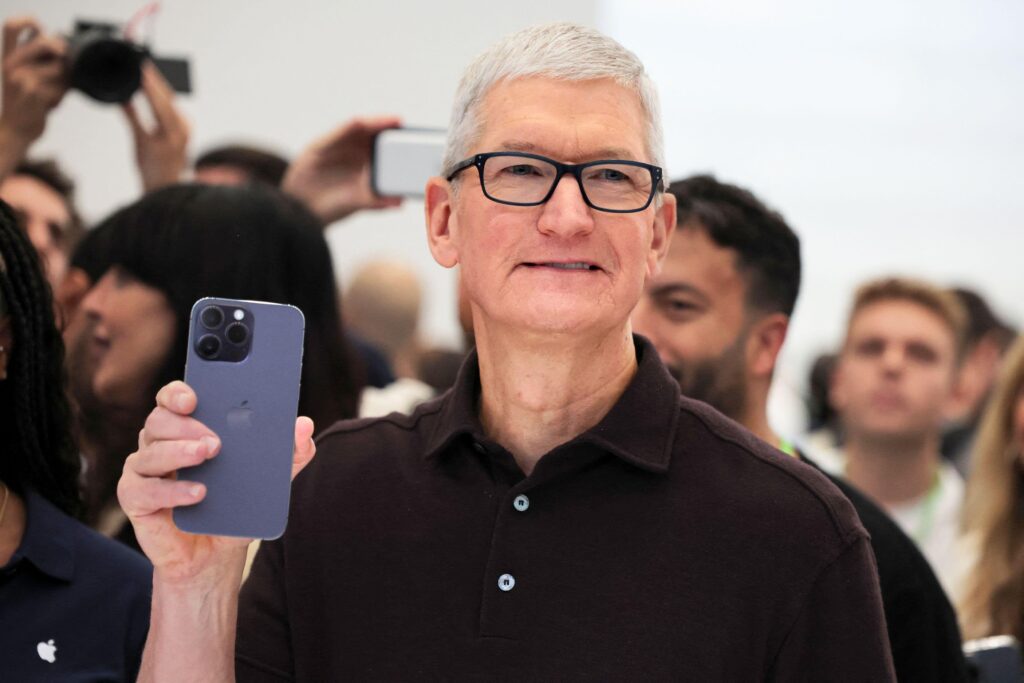
Cook: iPhone price hikes not tied to tariffs
2-Europe’s AI investment surge sidelines femtech, health leaders warn
Europe’s rush to fund AI startups is starving women’s health innovation of much-needed capital, industry leaders say, raising alarms over a potential public health setback for half the population.
I read this story at The Next Web and Karolina Löfqvist, CEO and co-founder of women’s health startup Hormona, warned that unchecked investment imbalances risk leaving femtech — technology focused on women’s health needs — fighting for scraps. “Femtech isn’t niche; it serves 50% of the global population,” she said.
Global femtech investment peaked at €1.89 billion in 2021 before plunging to €1.1 billion the following year. By 2023, European femtech companies raised just €164 million out of €8.3 billion in total healthtech funding, according to industry data. In contrast, U.S. femtech startups have raised €4.5 billion since 2019, according to the story.
The decline comes as venture capital flows disproportionately into AI. Analysts say the trend highlights structural issues with capital allocation. “General-purpose AI promises to predict health problems, but femtech founders have already built solutions for existing crises — yet they struggle for basic funding,” Löfqvist said.
The funding disparity has real-world consequences. Women with endometriosis wait an average of seven years for a diagnosis, while up to 70% of women with polycystic ovarian syndrome remain undiagnosed. Bias in AI systems, built largely on male-default medical data, can worsen those gaps, according to UNESCO and UN Women research.
Female-only founding teams, which make up a significant portion of femtech, received just 2% of global venture funding in 2024, compared to 84% for male-only teams, the story noted.

Europe’s AI investment surge sidelines femtech, health leaders warn
3-Ikea turns food waste into clean energy
Ikea teams up with Vanguard Renewables on a pilot program that converts food waste into renewable energy, part of the Swedish retailer’s broader effort to cut greenhouse gas emissions and reach zero organic food waste by 2030.
I read this story at ESGdive and the six-month initiative has launched at five Ikea locations in Connecticut, Wisconsin, Massachusetts and Illinois, the companies announced. Vanguard will collect kitchen scraps, customer leftovers and expired food from Ikea restaurants and process them into renewable natural gas and low-carbon fertilizer through anaerobic digestion, which uses microorganisms to break down organic waste without oxygen, according to the story.
Ikea estimates each store in the pilot will divert about 250 pounds (around 114 kg) of waste weekly, or more than 32,000 pounds (14,500 kg) over six months.
The program builds on Ikea’s climate goals, which include halving supply chain emissions by 2030 and reducing them by at least 90% by 2050, compared to 2016 levels, the story claims. It follows a February update in which the company scaled back a separate sustainability target, moving its deadline for achieving 100% zero-emissions home deliveries from 2025 to 2028.
The pilot’s launch coincided with Ingka Investments, the investment arm of Ikea’s largest retailer, announcing a minority stake in Vanguard Renewables. Ingka said the deal would expand its circular investments portfolio, which backs companies working to cut waste and scale recycling infrastructure.
Founded in 2014, Vanguard Renewables operates a network of digesters that convert food and farm waste into renewable energy. The company was acquired by BlackRock Real Assets in 2022 and became part of Global Infrastructure Partners following a 2024 merger.
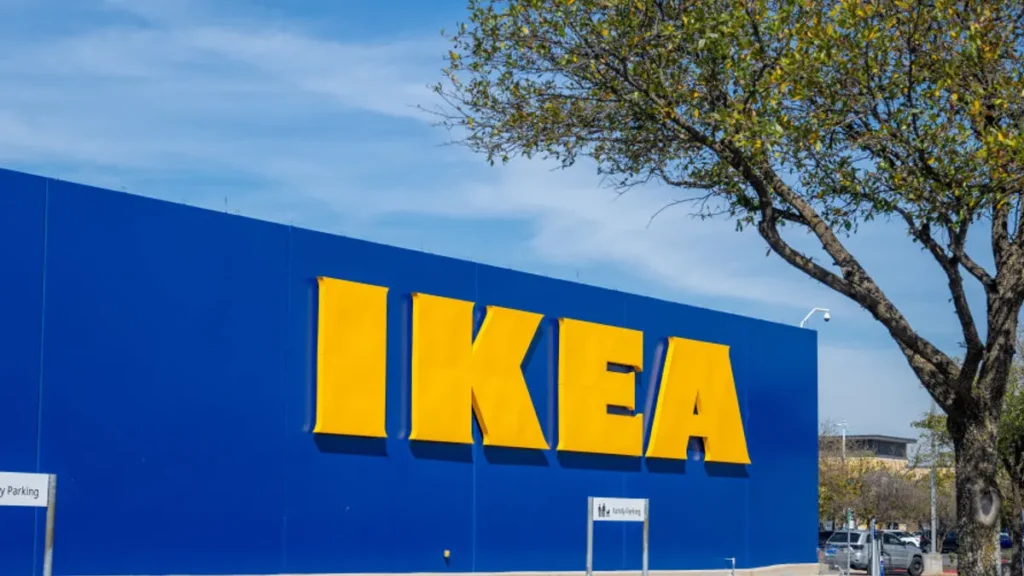
Ikea turns food waste into clean energy (Photo: Getty Images)

